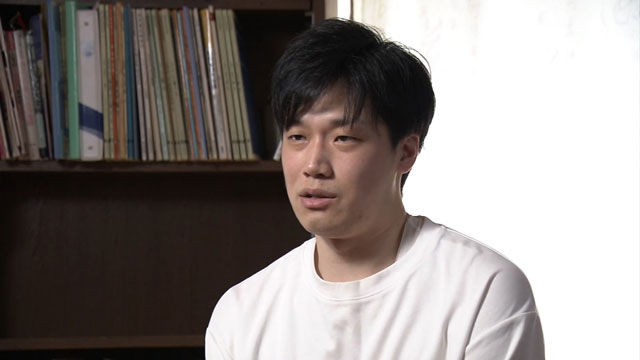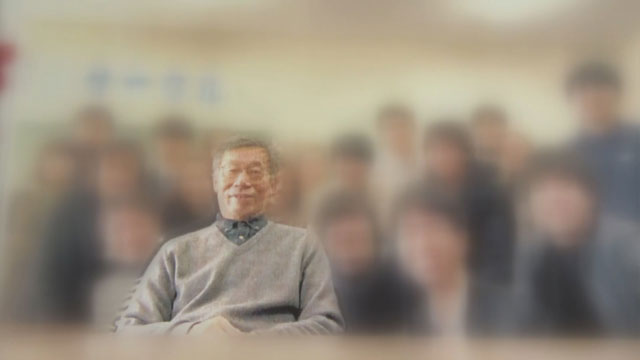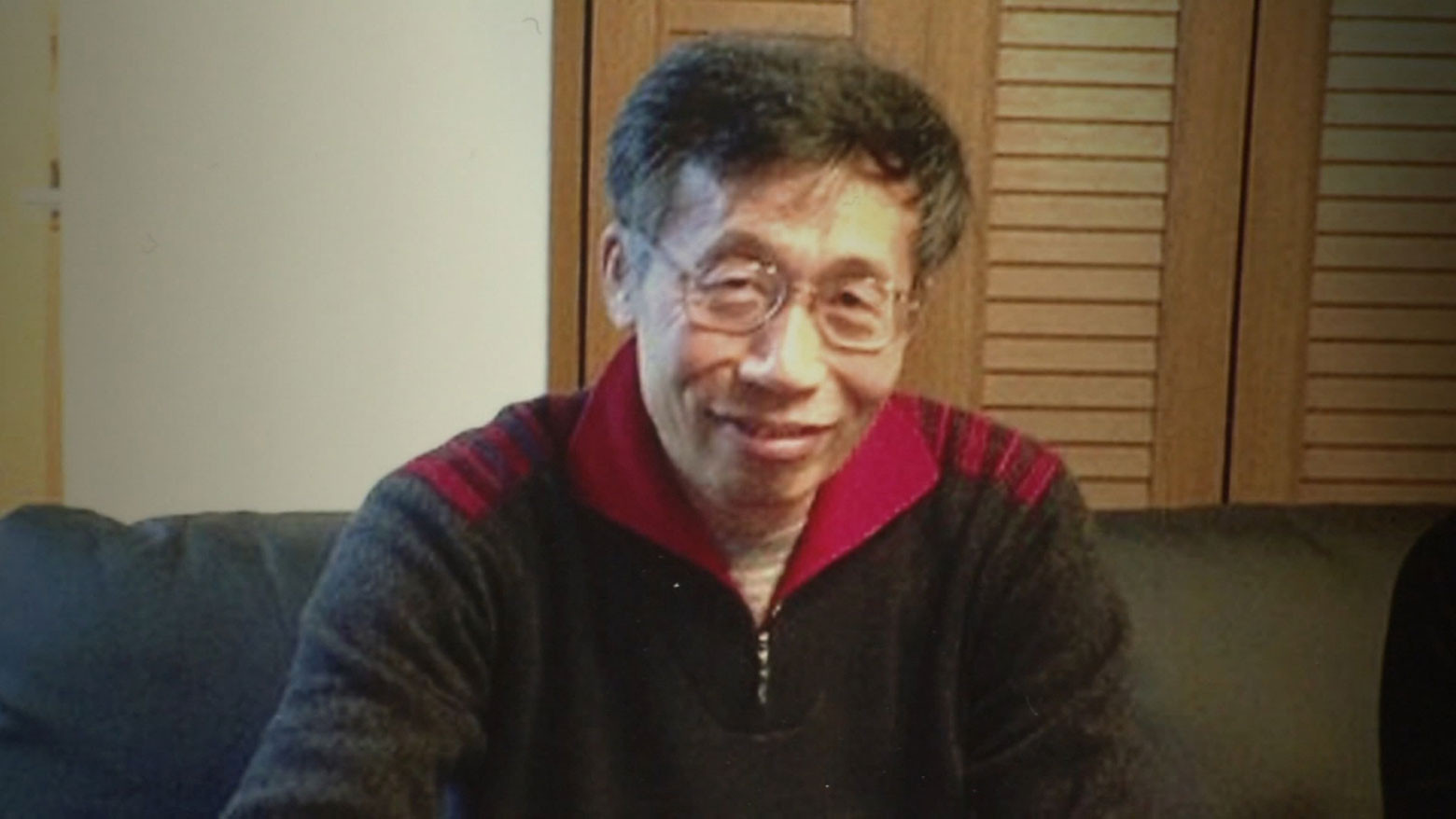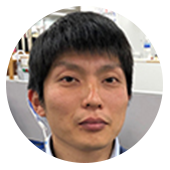That father is Yuan Keqin, a 65-year-old professor who worked at Hokkaido University of Education. For 25 years, he taught East Asian politics and helped facilitate cultural exchanges between the country of his birth and his adopted home. But during a trip to China in 2019 for a funeral of his mother, he was suddenly taken into custody by national security authorities on suspicion of espionage.
Information about the professor has been scant since his arrest, but last month the Chinese foreign ministry said it had fresh evidence of his guilt. Ministry spokesperson Wang Wenbin said in a news conference that Yuan Keqin had given a full confession.
“There’s clear evidence against him,” said Wang. “Yuan has already been indicted and is being tried in court.”
For Yuan’s son, Chengji, news of the indictment came as a shock. He says he had always believed the charge would be dismissed in time.
Chengji was born and raised in Japan. After graduating from high school, he went to study in Australia and hoped to find a job there but returned to Japan in June 2020 to fight for his father’s release.

Yuan Keqin is from China’s Jilin Province and arrived in Japan as an overseas student in 1984. After earning a doctorate from Hitotsubashi University, he was hired as a lecturer at Hokkaido University of Education in 1994, a position he held until his detainment.
In addition to teaching, Yuan also worked to forge cultural ties between China and Japan, offering his expertise to support exchange efforts and establishing student programs.
Yuan’s colleagues say the Chinese professor’s links to the 1989 Tiananmen Square incident may be a factor behind his detention. Back then, many Chinese students in Japan staged protests outside China’s embassy and elsewhere for several days. Yuan is said to have been a major figure among the protestors. But the professor later shied away from political activities and focused on his research.
China enacted a counter-espionage law in 2014, two years after Xi Jinping took power. The law gave the government sweeping powers of surveillance and investigation. Japanese and Chinese nationals active in business and cultural exchange programs between the countries were suddenly being held on charges of spying.
Last March, a support group released a statement urging the Chinese government to produce evidence of the charge against his father. The group also gathered online signatures for a petition calling for his release.
Nakamura Daisuke, 37, is a former student of Yuan’s who is also fighting for the professor’s release. A high school teacher in Sapporo City, Nakamura remembers how Yuan instilled rigorous research practices into his students, constantly reminding them of the need to comprehensively review original documents.
“I am very worried about Yuan’s health, given his age,” says Nakamura. “I feel compelled to continue fighting until he returns to Japan and everyone can celebrate together.”

Yuan's detention has had a profound effect on academia, says Ako Tomoko, a professor at the University of Tokyo Graduate School of Arts and Sciences. She says the incident has led to self-censoring.
“Both Japanese and Chinese researchers are becoming extra careful in their comments,” Ako says. “I sense that they’re growing more and more concerned about how they’re viewed by China.”
In 2019, a Japanese researcher from Hokkaido University was detained during a visit to China and released about two months later.
Last August, Chengji requested a meeting with the dean of Hokkaido University of Education to discuss his father’s situation. He says he was rebuffed due to schedule constraints. When Chengji was finally able to meet with university personnel this March, he was told that the university would be unable to help anymore as his father was due to retire at the end of the month.
“I didn't know who to turn to for help,” Chengji said after the meeting. “I was aware there were limits to what the university could do, but I had hoped they would be willing to help my father in some sort of way.”
Watch video: 03:24
Earlier this month, an attorney representing Yuan in China says he was able to visit his client for the first time since being detained. He says Yuan is safe and determined to fight the charge in court.
But Chengji can’t help thinking his father's prospects look increasingly dim.
“Each time I go into my father’s room, I see an empty chair where he should be,” says Chengji. “I want to help my father but there doesn’t seem to be anything I can do.”

